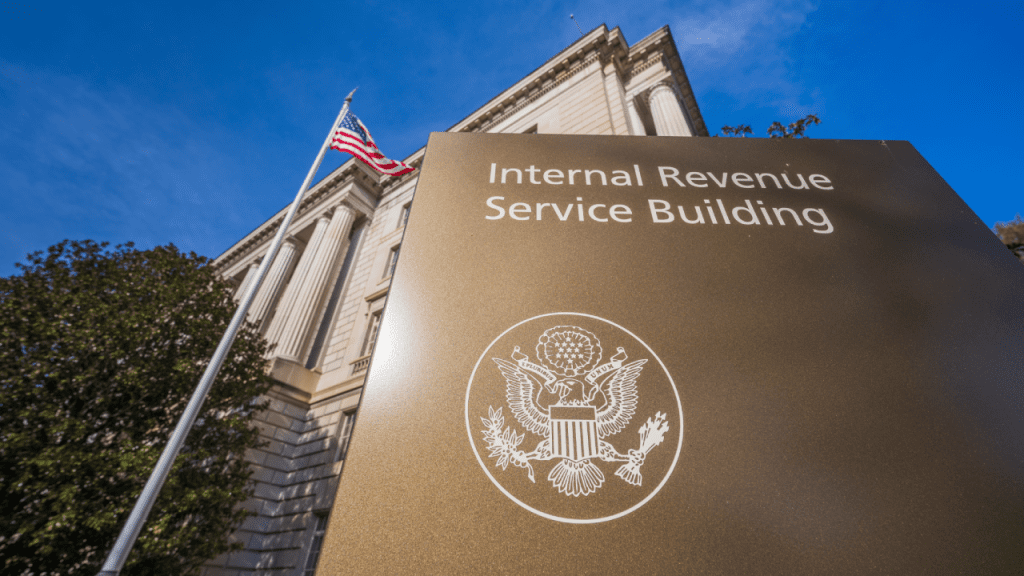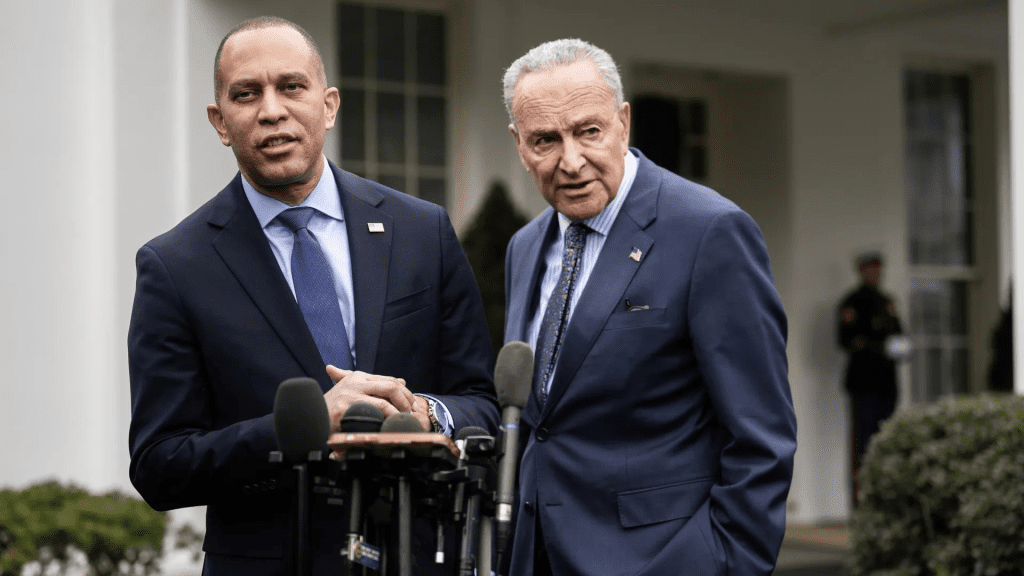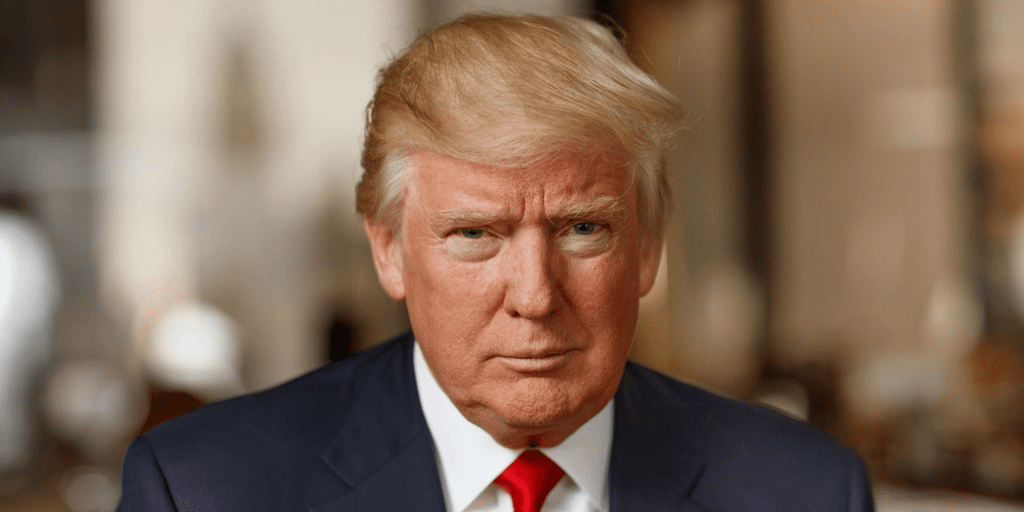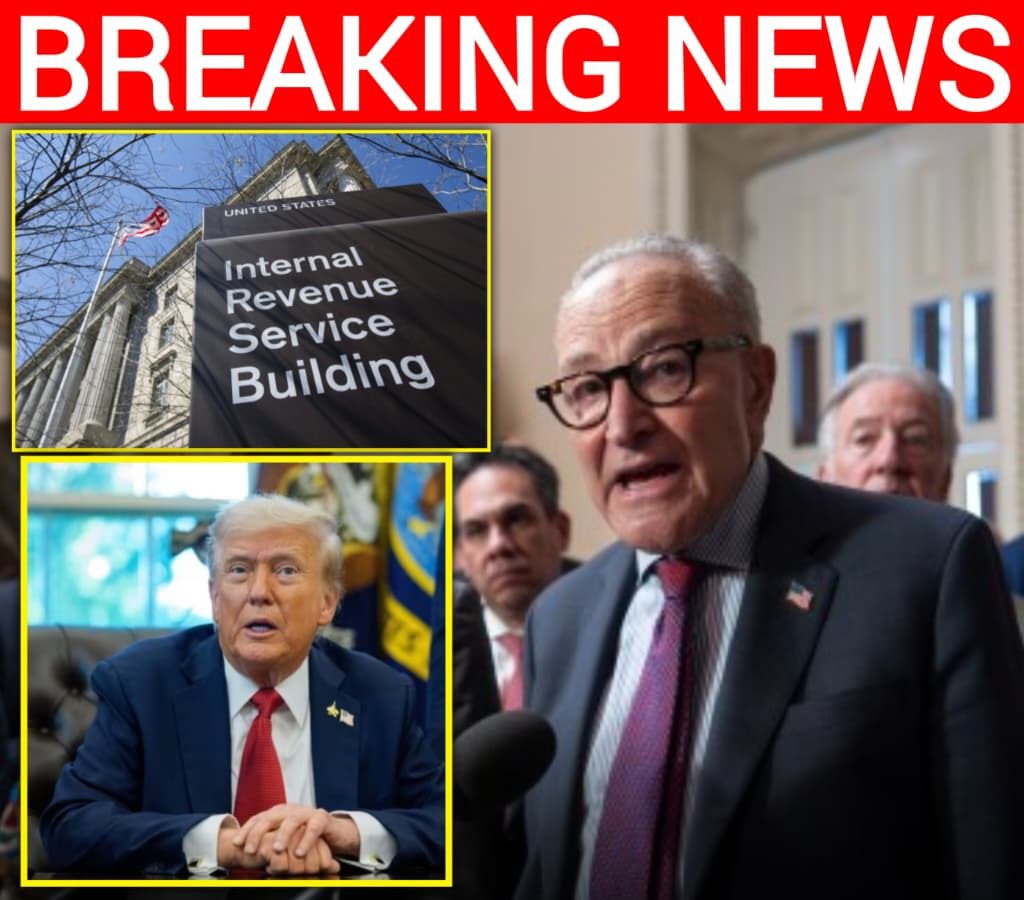Nearly Half the IRS Workforce Sent Home as Government Shutdown Blamed on Democrats — Leaving Tax Operations Frozen and Washington Pointing Fingers
The Internal Revenue Service has come to a virtual standstill. As of October 8, 2025, the agency began furloughing nearly half its staff — about 35,000 workers — as the federal government shutdown entered its second week, according to official IRS contingency plans and the Associated Press. The agency confirmed that most operations are suspended, leaving everything from taxpayer assistance lines to audit processing on hold until lawmakers reach an agreement.

For millions of Americans already frustrated with tax season delays and bureaucratic backlogs, the sudden freeze has only deepened cynicism toward Washington. But this shutdown, like so many before it, is being fought on partisan frontlines — and this time, Democrats are taking most of the blame. Senate Majority Leader Chuck Schumer has faced mounting criticism for what Republicans describe as a failure to negotiate in good faith, leading to funding lapses that have now paralyzed critical agencies.
While Democrats argue the GOP is holding spending bills hostage over partisan demands, Republicans have turned the narrative on its head. They point to Schumer’s gridlock and spending priorities as the root cause of the shutdown, arguing that his refusal to budge has “damaged the Democrat brand nationwide.” Even among independents, frustration is growing, with many seeing the stalemate as a symptom of a government increasingly out of touch with ordinary citizens.

The political fallout is already being felt. Images of closed IRS offices, frozen paychecks, and shuttered federal buildings have filled news broadcasts across the country. For some Americans, particularly within the conservative base, there’s a certain irony in watching the IRS — long viewed as one of Washington’s most unpopular agencies — come to a screeching halt. On social media, Trump supporters and MAGA-aligned accounts have framed the situation as “poetic justice,” calling it a rare government closure that “no one’s crying about.”
“Most IRS operations are closed,” one viral post read, echoing language from the agency’s official statement. “So Chuck Schumer damages the Democrat brand nationwide AND the IRS stops working. MAGA isn’t complaining about this one.”
Behind the political memes, however, the real-world implications are serious. Refunds, audits, and appeals are frozen. Small business owners awaiting tax credits or responses to compliance questions will see delays stretch indefinitely. Federal employees outside the IRS are bracing for ripple effects as the shutdown drags on. Economists warn that if the impasse continues, it could begin to impact consumer confidence and delay key government data releases that investors rely on.

Meanwhile, the standoff in Washington shows no sign of resolution. Treasury officials have quietly acknowledged the economic risks of a prolonged shutdown but have refrained from assigning political blame. Still, within Republican circles, the optics have turned into a political weapon. “It’s remarkable,” one GOP strategist said. “Democrats wanted to paint Republicans as the party of chaos — and now Schumer’s decisions have turned that spotlight back on them.”
Former President Donald Trump, who has been active on Truth Social throughout the week, has seized the moment to reinforce his “drain the swamp” message. “When Democrats run the government, even the IRS can’t function,” he wrote, earning hundreds of thousands of reactions within hours. The post mirrors a broader sentiment within the MAGA movement that sees the shutdown not as dysfunction, but as a wake-up call for voters tired of government overreach and wasteful spending.

As the political blame game intensifies, the IRS furlough has become a symbol of larger dysfunction — one that perfectly encapsulates the chaos of modern Washington. The Democrats are scrambling to control the narrative, while Republicans are capitalizing on public frustration. For now, one thing is clear: with tax operations halted and partisan rhetoric boiling over, America’s government may be open in name only.



